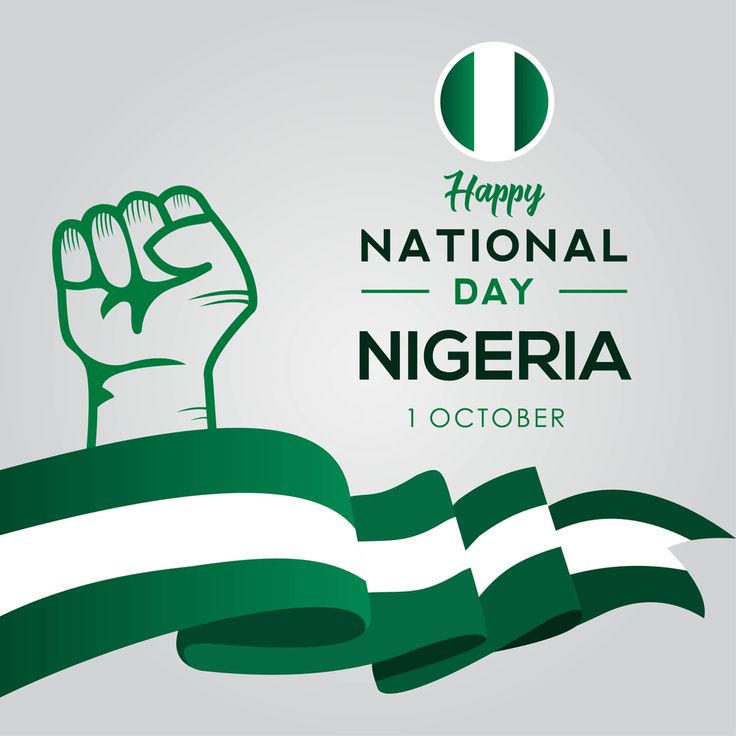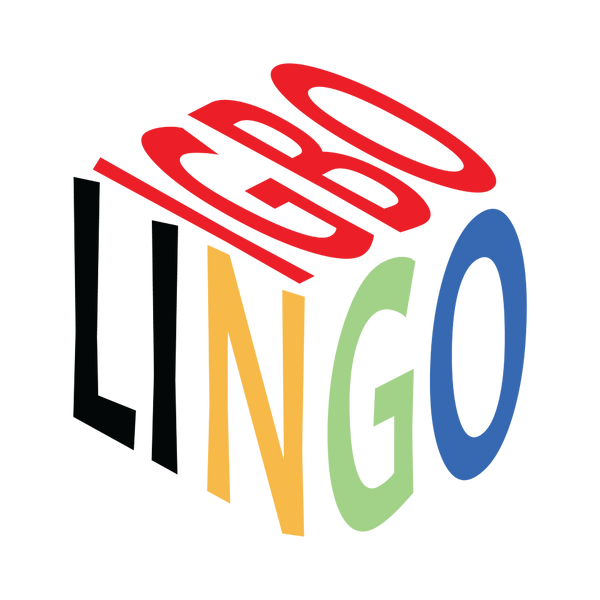
Nigerian Independence or Illusion?
Share
October 1st, 1960, marks Nigeria’s official independence from British colonial rule, a day meant to symbolize freedom and the birth of a nation.
But as we reflect on Nigerian Independence Day, it’s impossible to ignore the uncomfortable truth: Nigeria, as we know it today, was not created by Nigerians. The borders that define our country were drawn by outsiders during the Berlin Conference of 1884-85; a scramble for Africa, where European powers divided up the continent without consulting its people. Nigeria was never intended to be a unified nation; it was crafted as a tool for colonial exploitation.

This makes the notion of “independence” both ironic and hollow in many ways. Yes, we gained political sovereignty on paper, but the legacy of colonialism didn’t end in 1960. It simply evolved. Today, our economy still struggles under the weight of foreign influence, our resources are continually extracted and exported, and questionable leadership often puts personal gain over national progress. The same forces that divided us then, in pursuit of wealth and control, continue to exploit our continent today.
Africa is still being looted. Only now, it comes under the guise of globalization, foreign investment, and international aid. The exploitation of our natural resources, labor, and even our cultures continues. We see this in how the global economy benefits from Africa’s richness while our people are left to grapple with poverty, corruption, and a lack of infrastructure.


So what does independence really mean in this context? For many, it feels like we are still under a different form of colonialism—economic, political, and social. The fight for true independence—one that allows Nigeria and other African nations to thrive on their own terms—remains unfinished.
But amidst these hard truths, I want to remind us all that there is still hope. Despite our struggles, Nigeria is a nation of immense potential, rich in culture, history, and talent. Our strength lies in our diversity, and though that diversity was artificially constructed by outsiders, it can be harnessed to create something powerful.
Unity is key. And unity, my people, starts in the mind.

We must first change how we see ourselves—as individuals and as a collective. We are not merely products of our past or victims of circumstance. We are architects of the future. True independence, in my view, is not just about breaking free from colonial rule but about breaking free from the mental chains that still hold us back. We must stop seeing ourselves as powerless in the face of global forces and instead recognize that change begins with each one of us.
Unity doesn’t mean we must all think alike or agree on everything. But it does mean that we must have a shared vision for the future—a vision where we uplift one another, invest in our communities, and refuse to be divided by those who profit from our disunity. The power to shape Nigeria’s future is within us, but it requires us to believe in that power and act on it.
In the end, Nigerian Independence Day should serve as a reminder: our independence is still a work in progress. The real struggle for freedom—the freedom to live in a country where our people thrive, where our resources benefit us, where our leaders serve the nation, and where we stand united—continues. It is a fight we must face together, with our minds and hearts aligned toward a common goal.

So today, as we reflect on our history, let us also look to the future. Let us commit to the hard but necessary work of creating a Nigeria that truly belongs to Nigerians. A Nigeria that embodies the values of unity, progress, and justice for all.
And remember: unity starts in the mind.

Yoruba Division Lead at IgboLingo
